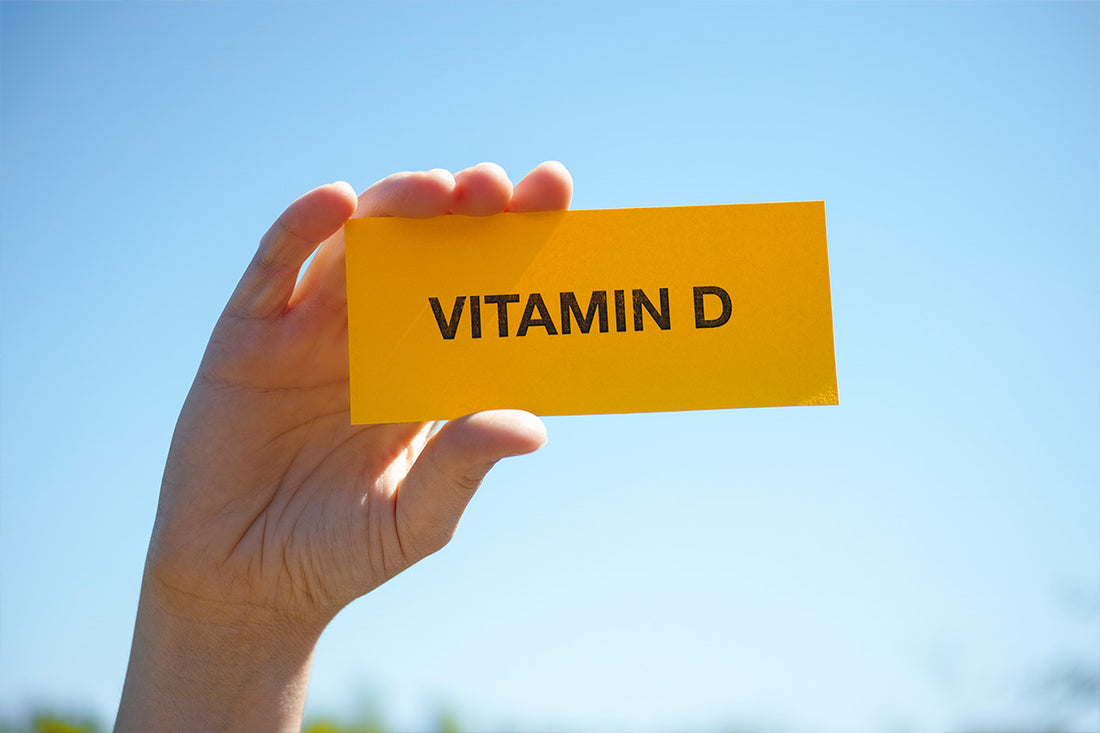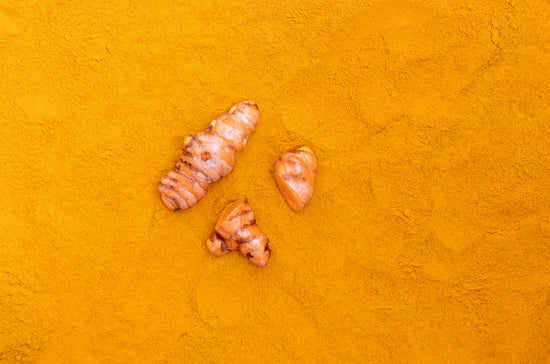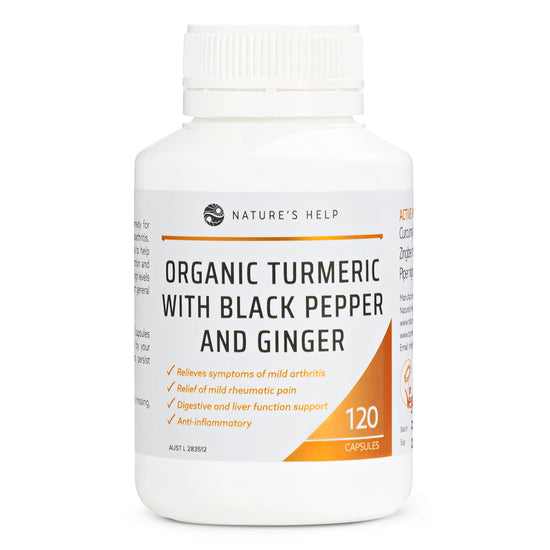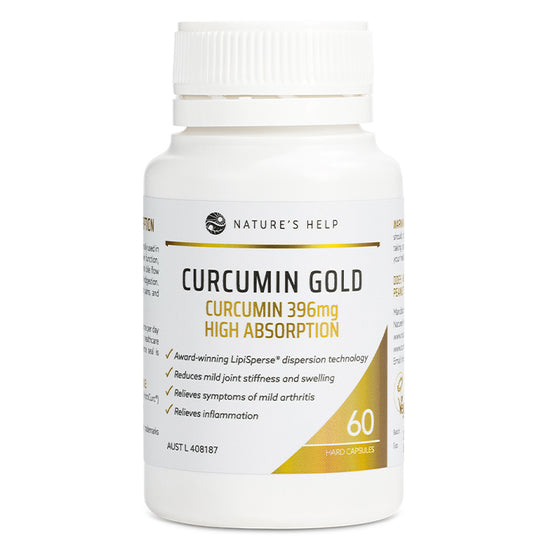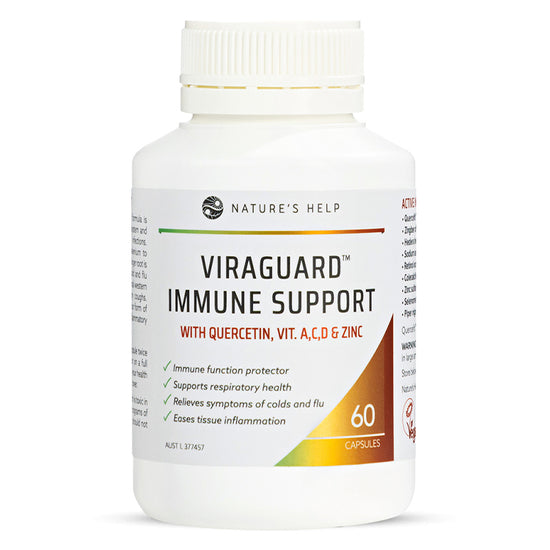Humans are part of mother earth, just like trees and plants. We need sunshine to thrive.
Vitamin D is called the ‘sunshine’ vitamin. The body needs sunshine as much as it needs water and nutrition. Ultraviolet sun’s rays blast the skins cells, causing an interaction with a the 7-DHC protein in the skin, converting it into vitamin D.
So, what happens when the body doesn’t get enough sunshine? What effects have lockdowns impacted upon the nation’s health? Are we seeing a surge in medical problems?
Vitamin D deficiency (VDD) is related to many serious health issues and currently affects an estimated 1 billion people worldwide, with about half of the world population getting insufficient vitamin D.
Scientists attribute this deplorable deficiency to 2 main factors: lifestyle and environment.
Reduced outdoor activities could be too much time spent on tech devices and working and exercising indoors and not enough time enjoying swimming, boating, walking, camping, trekking and similar activities. Extreme air pollution also won’t allow the sun’s rays to hit your skin.
How do you get more vitamin D?
- Sun exposure is the optimal way to increase vitamin D absorption. Get about 15 minutes each day. You must take responsibility for your skin type as to how long you expose your skin to the sun. Never allow your skin to burn so that it peels.
- If you live in a heavily polluted location, consider relocating to a safer climate.
- Only a few foods contain vitamin D, with fish such as salmon, swordfish, tuna and sardines containing the highest in vitamin D.
- Ask your doctor to have your vitamin D levels tested.
Turmeric Australia recommend their popular product. Vitamin D3 with K2. Separately, D3 supports the immune system and K2 regulates blood clotting. Combined, these vitamins ensure efficient calcium absorption. K2 activates a protein called osteocalcin and this protein amalgamates calcium into the bone. Vitamin D is fat-soluble and helps the body absorb
Most common Vitamin D deficiency symptoms.
- Frequent infections. Vitamin D works with cells directly responsible for tackling infections.
- Poor sleep quality can be attributed to VDD.
- Depression and anxiety. Some reviewed studies show vitamin D supplements relieving symptoms because the vitamin regulates moods. Currently the WHO list depression as the 4th global disease, with rates increasing. One would have to ask if there is a correlation between the rate increase with the decreasing levels of vitamin D? We recommend you try MenoCalm from natureshelp.com.au to help alleviate those mood swings.
- Wounds that won’t heal. Vitamin D increases production crucial for new skin forming.
- Bone loss. Bone health is maintained by adequate calcium absorption. Loss of calcium and minerals result in increased risk of broken bones. There is a strong link with VDD and low bone density in menopausal women, and also women that are postmenopausal.
- Muscle pain. Many studies reveal a link with widespread pain and arthritis to low vitamin D.
- Gut issues. If you have a gastrointestinal aliment that affects your body’s ability to absorb fat, then it will also impact vitamin D absorption.
Virus epidemics are currently of high interest. More doctors are advocating vitamin D supplementation. In a reviewed article published by The National Library of Medicine discussion surrounds the association between vitamin D and viral infections. Low vitamin levels were linked to increased occurrence of viral diseases such as hepatitis, flu, CV19 and AIDS. Numerous studies highlight the vitamin D benefits, but how vitamin D actually mechanises the immune system has not been fully qualified. Suffice to say that vitamin D is vitally important to maintain body health. Your heart, brain, muscles, and immune system all have vitamin D receptors. Vitamin D is converted into an active hormone via the kidneys and the liver.
While VDD scientific studies are ongoing, they are showing relationships between bone health, cancer, and inflammation, with poor immune response. Vitamin D is critical for proper body function.


